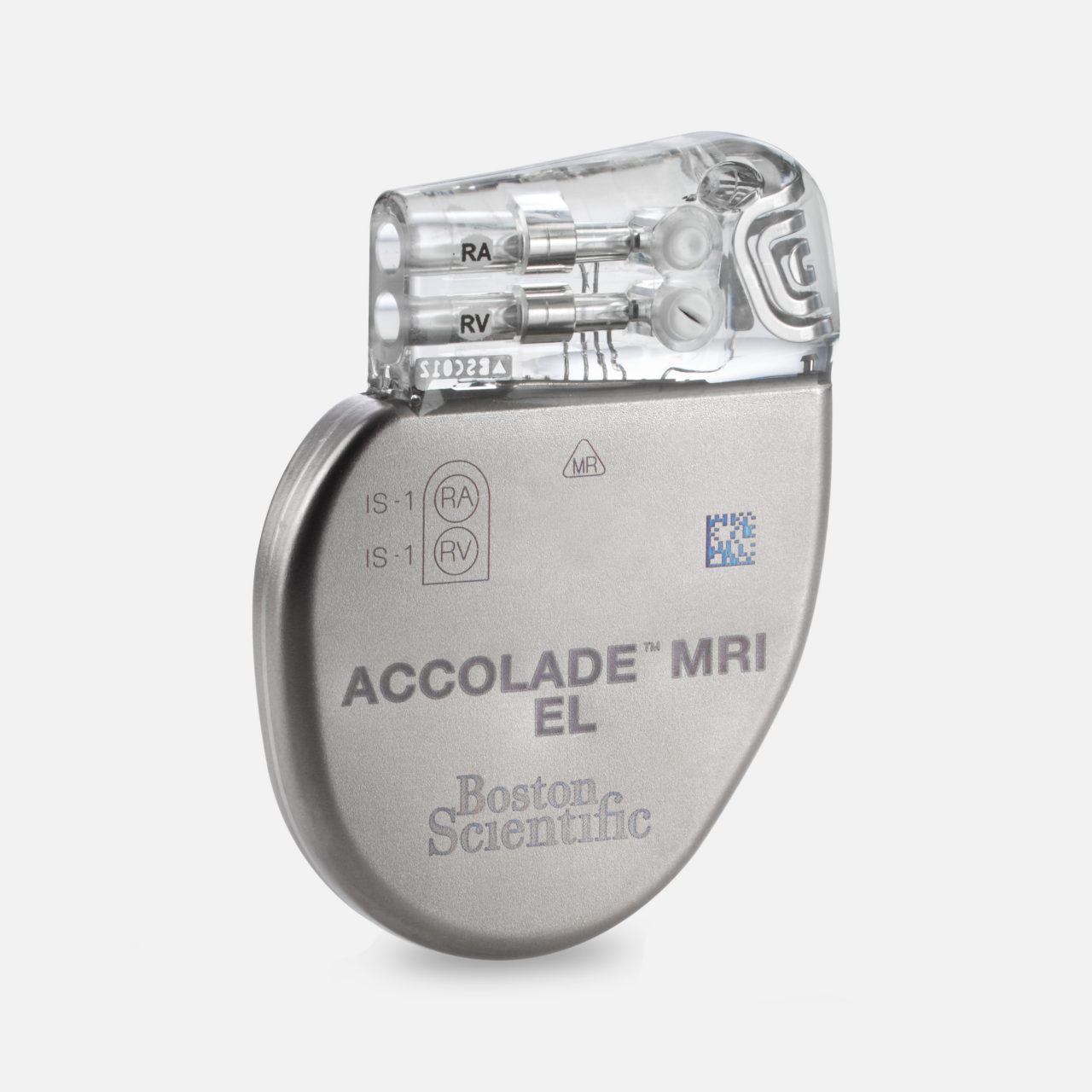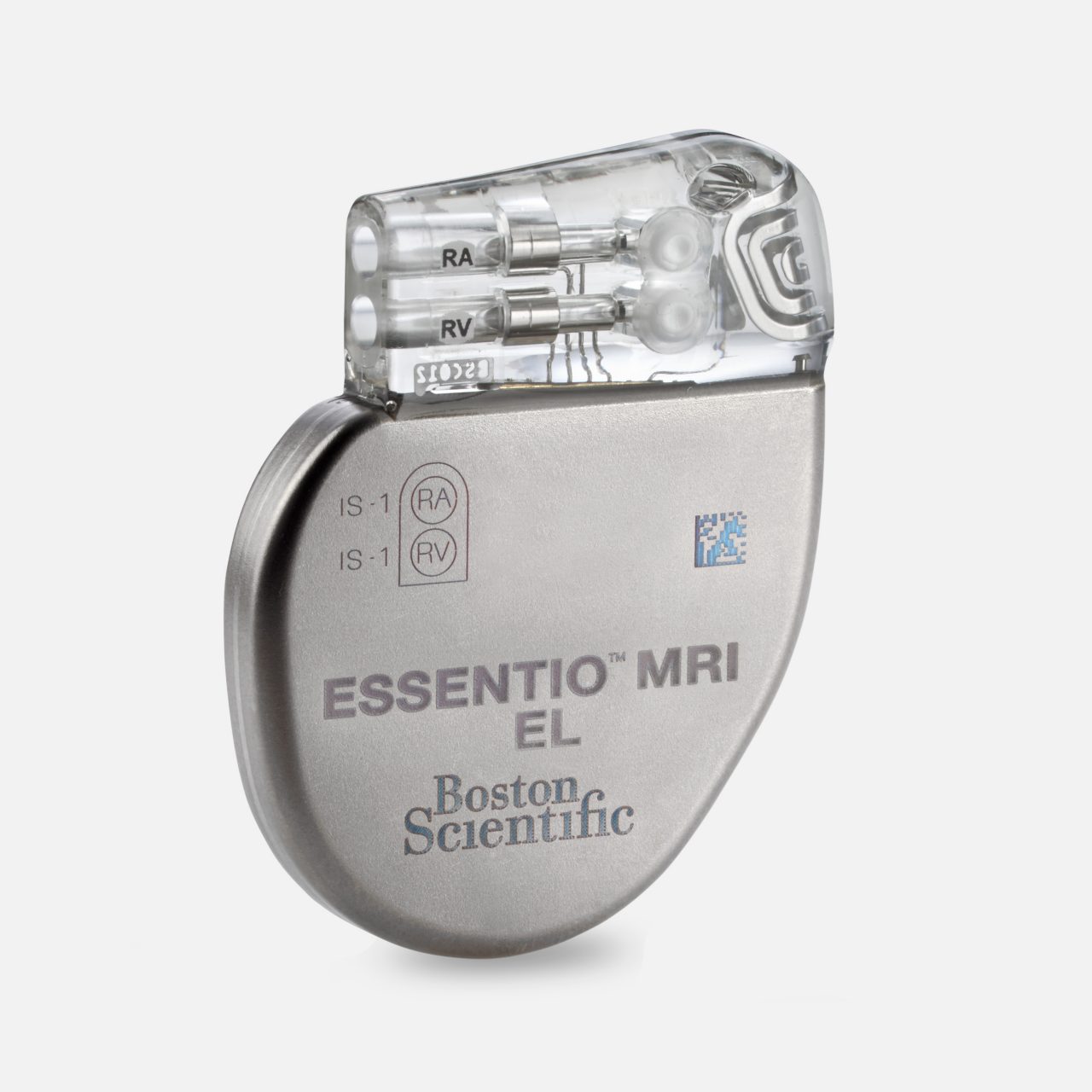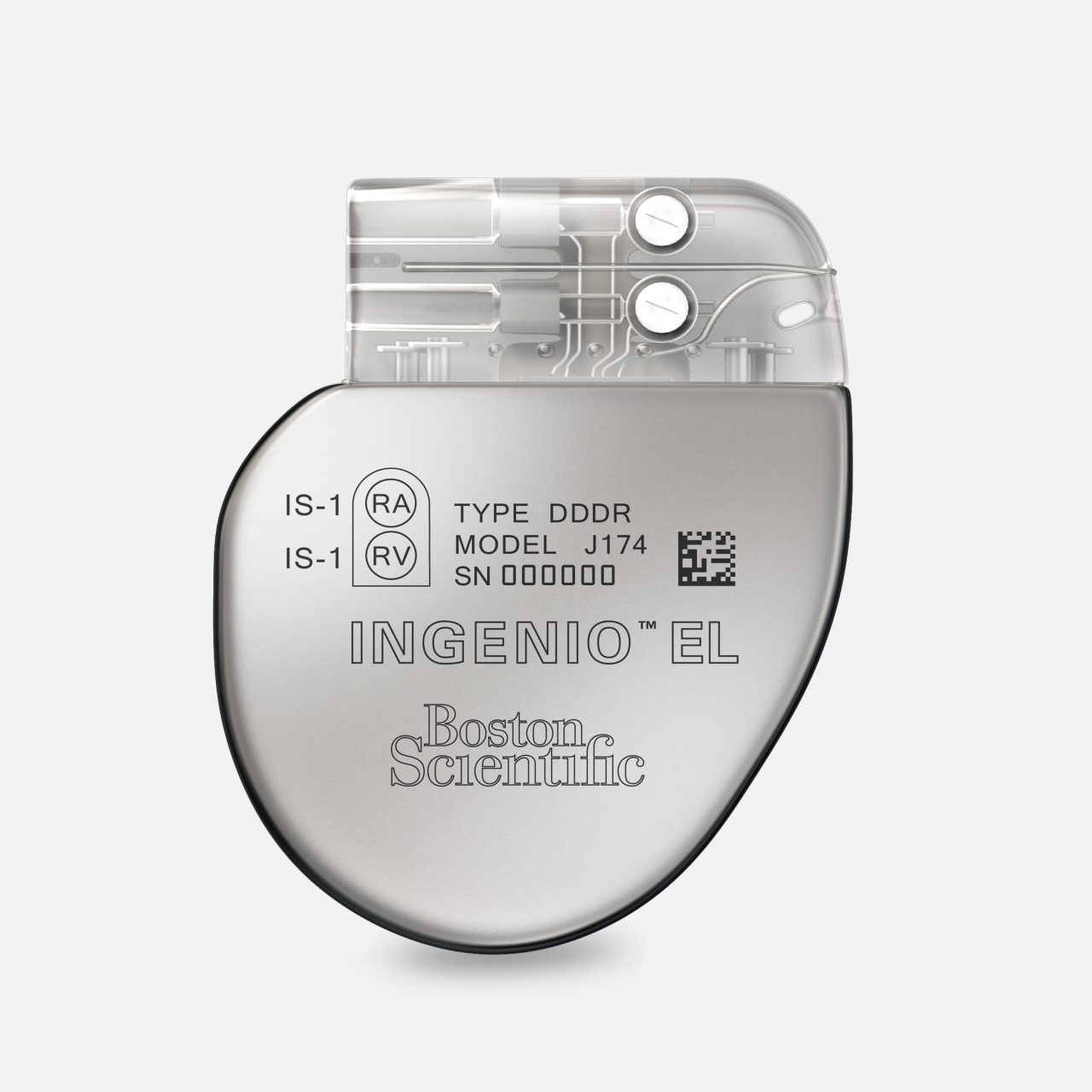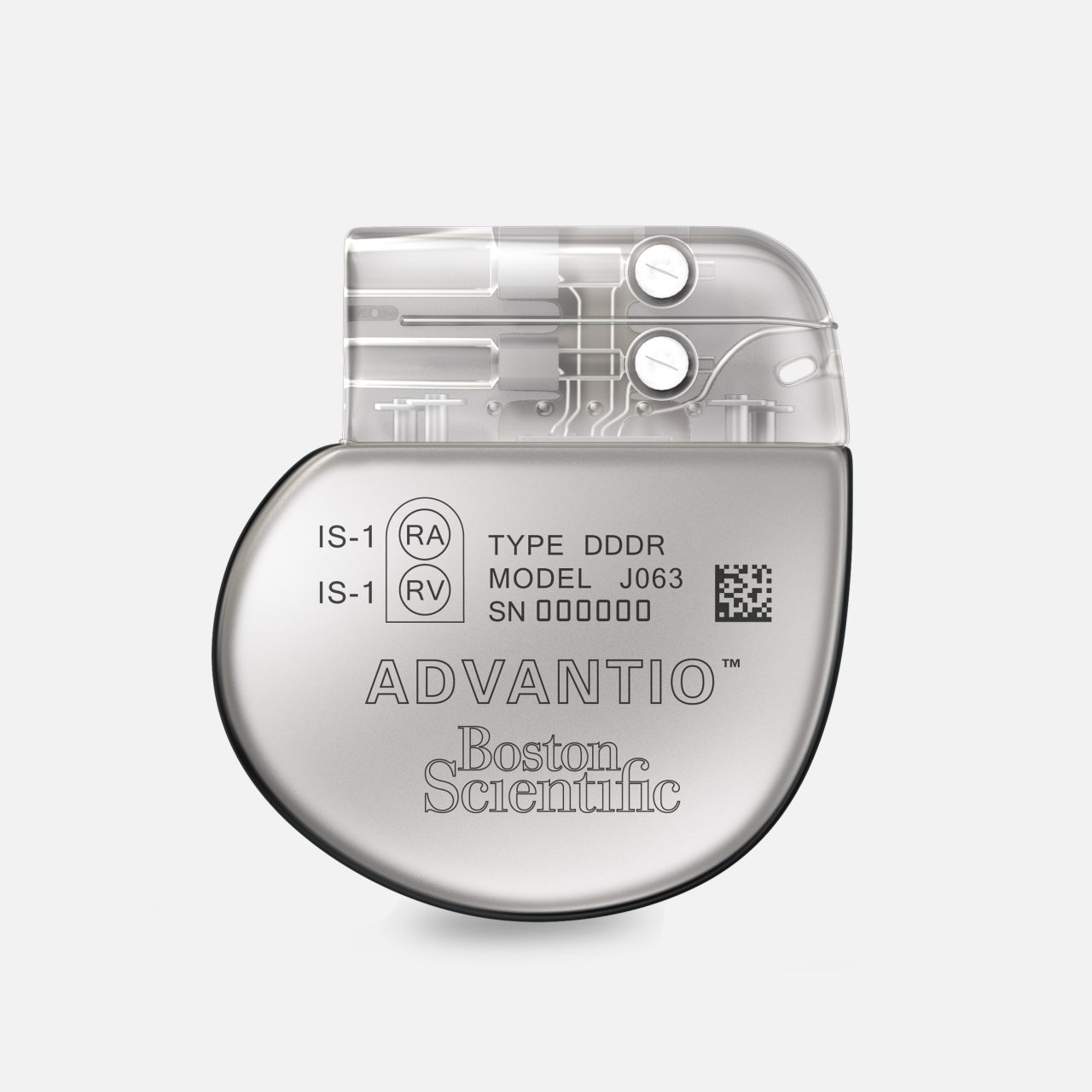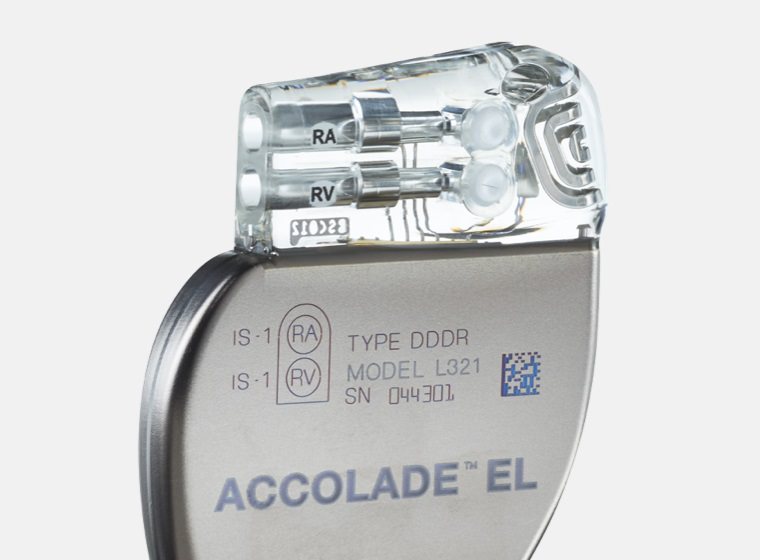Pacemakers
Important Safety Information
A pacemaker system is designed to monitor and treat your heart rhythm problems, greatly reducing the risks associated with them. These devices are sensitive to strong electromagnetic interference (EMI) and can be affected by certain sources of electric or magnetic fields. Some of the risks encountered during the implant procedure include, but are not limited to, the following: Bleeding, formation of a blood clot, damage to adjacent structures (tendons, muscles, nerves), puncture of a lung or vein, damage to the heart (perforation or tissue damage), dangerous arrhythmias, heart attack, stroke, death. Some of the risks encountered after the system is implanted may include, but are not limited to, the following: Infection, erosion of the skin near your device, lead(s) may move out of place in the heart, device may move from the original implant site, difficulty coping with having an implanted device. The device might be prevented from pacing due to electromagnetic interference. Electrodes on the lead or the pacing pulses may cause an irritation or damaging effect on the surrounding tissues, including heart tissue and nerves. You may receive pacing therapy when it is not needed (unnecessary therapy). The device might not be able to detect or appropriately treat your heart rhythms. The device may exhibit malfunctions that may result in lost or compromised ability to deliver therapy. You may experience some discomfort from the incision as you recover from the surgery. You may experience some discomfort from the incision as you recover from the surgery. With all medical procedures there are risks associated. In rare cases device failure or death can occur. Be sure to talk with your doctor so that you thoroughly understand all of the risks and benefits associated with the implantation of this system. To obtain a copy of the device Patient Handbook for more detailed device safety information, go to www.bostonscientific.com, or you can request a copy by calling 1-866-484-3268 or writing to Boston Scientific, 4100 Hamline Ave. N., St. Paul, MN 55112. Rx only
Device Quality and Reliability
It is Boston Scientific’s intent to provide implantable devices of high quality and reliability. However, these devices may exhibit malfunctions that may result in lost or compromised ability to deliver therapy. Refer to Boston Scientific’s CRM product performance report on www.bostonscientific.com for more information about device performance, including the types and rates of malfunctions that these devices have experienced historically. While historical data may not be predictive of future device performance, such data can provide important context for understanding the overall reliability of these types of products. Also, it is important that you talk with your doctor about the risks and benefits associated with the implantation of a device.
92481216 B.4

